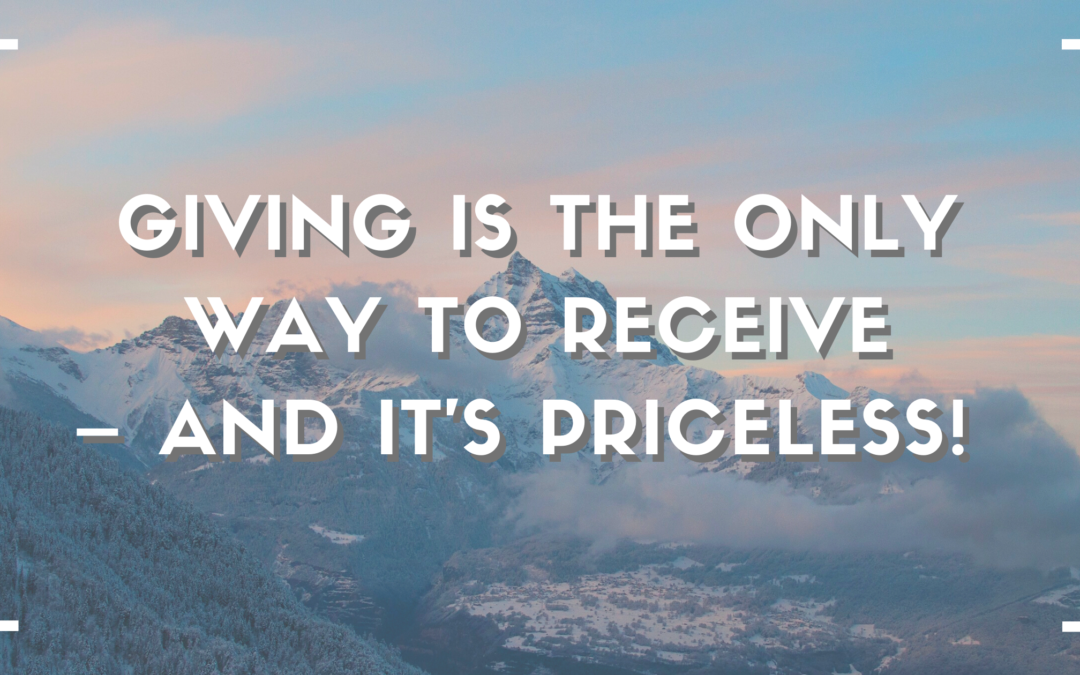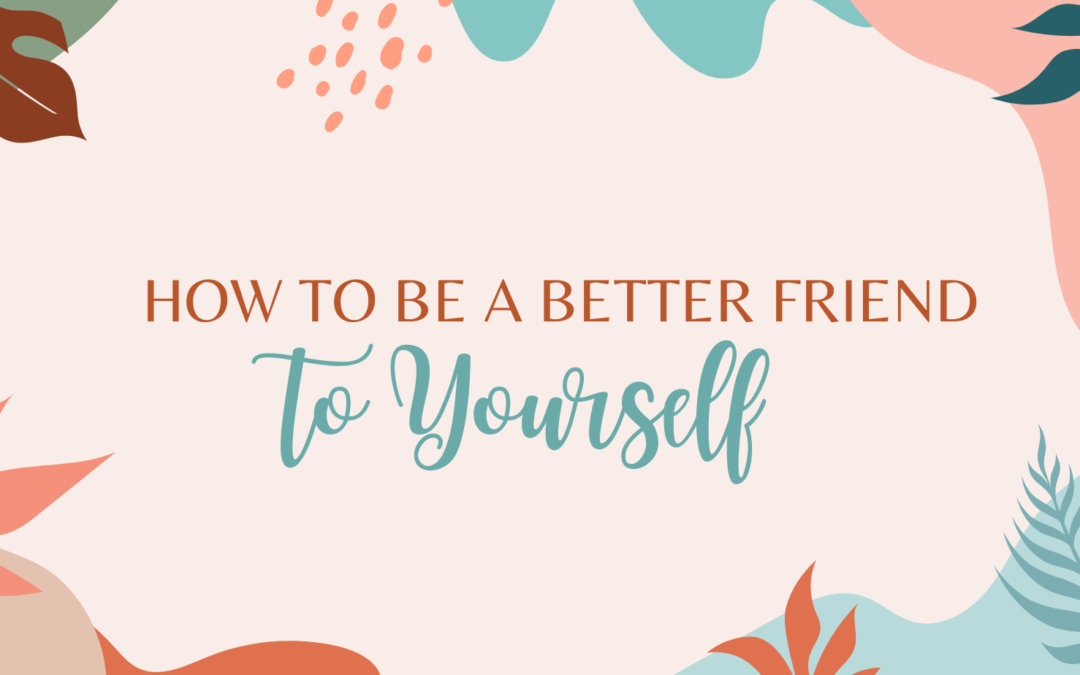
Giving is the Only Way to Receive – and It’s Priceless!
You must have heard that “only by giving are you able to receive more than you already have.” speech, or something similar. And no matter how many times you hear it, it can never be said enough.
Let me give you an instance that happened recently near me. I wasn’t the one involved, but I observed it.
My dad ordered Kadhai Paneer for lunch for himself and his colleague.
After they were done, they still had some of the Kadhai Paneer leftover, and since there wasn’t anyone else in the office, they gave it to the building guard.
While talking to the guard he came to know something interesting.
The guard told him that an old sickly man had come by earlier. The man asked for something to go with the few chapatis he had. The guard didn’t have much, just some dal and he gave it to the old man.
“It’s just the way of the world. I just gave plain dal and received Paneer in return”, he said, with what I assume to be gratitude.
Now my dad told me this story, and I was surprised. “Isn’t it amazing?” we both exclaimed!
The guard must have never expected to receive anything, let alone Kadhai Paneer in return for dal. And yet he did.
Many people view the power in giving with no expectation of return. When a person gives and has an expectation of receiving something back, they might start to think that the thing they’re receiving back should be better than what they gave. It’s like you have to pay for something. This way of thinking can lead to false expectations which might, in turn, lead to disappointment and thus not giving at all.
The power in giving lies in the joy that it brings about through your actions, as well as what it can do for others around you.
And you know giving doesn’t have to be elaborate. Giving could include something as simple as a smile, time or your experience. In fact, these things are remembered and valued more than tangibles.
Things you can give include (but are not restricted to):
- your time
- your expertise/knowledge
- hug
- smile
- compliment
- help
- something you made
- making someone laugh
This defies the thinking that I’ll give only when I have.
These things are free and the joy they give is priceless, and the ones who give these never have a lack of it in their own lives.
And the only ones who are willing to give are the ones who receive.
Recap for Memory
- Only by giving are you able to receive more than you already have
- There are many ways to give – a smile, a hug, a compliment or your time
- These things are free and the joy they give is priceless, and the ones who give these never have a lack of it in their own lives.
- And the only ones who are willing to give are the ones who receive.
So why don’t you try it? Give something today with no expectation of receiving anything in return and watch what happens!
If you would like me to know how this made you feel, please leave a comment!



